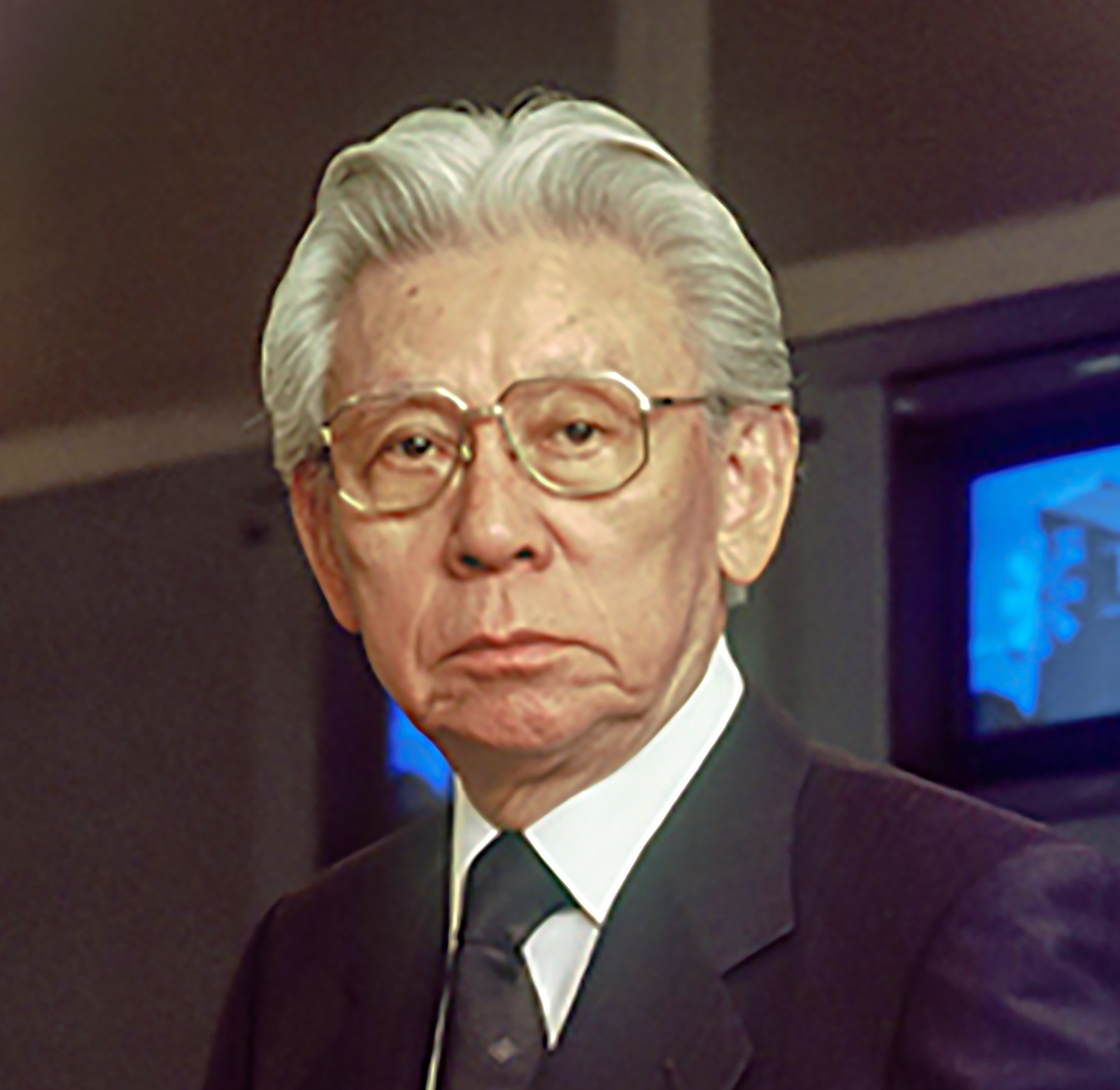Banjiro “Banji” Uemura, the founder and former chairman of Tohokushinsha, passed away peacefully in Tokyo on Tuesday, October 15, with his family present. He was 90 years old. He retired as TFC chairman and CEO in 2010 and passed the mantle on to his son Tetsu. Uemura and his wife Hisako also have two daughters, Satsuki and Ryo.
Uemura formed his company in 1961 at age 32. It became Tohokushinsha (later TFC) by combining the words “Tohoku” (East-North), “shin” (new), and “sha” (company).
“Tohoku” was the rather remote Northeastern region of Japan where he originated. Uemura started in the entertainment business as a musician and he recalled, “At one time I supervised dubbing and directed commercials.”
Indeed, TFC was originally created as a dubbing house for foreign TV series and feature films for Japanese TV, considering that during the ’60s and ’70s, 70 percent of TV shows on Japanese television were American.
Today, TFC is a public company, quoted on the JASDAQ exchange since 2002, with revenues in 2016 of 59.9 billion Yen (U.S.$510 million). TFC has 1,582 employees and operates in advertising and content production (film and television), post-production, media (11 TV channels under nine brands), dubbing and subtitling, TV content distribution, and property and retail business, all grouped under five divisions.
Uemura left Tohoku for Tokyo during World War II, when students were mobilized to work at factories. He was involved in the production of parts for Zero Fighter planes.
Though proud of his Japanese heritage, “Banji” had always been attracted by Western culture, especially American. He learned to speak English while managing a PX (a store operated by the U.S. Army) in Tokyo and selling jewelry to U.S. soldiers, and took every opportunity to go to the movies to watch American films.
From the Americans, he learned to smile and tell jokes. But once back in Japan, “Banji” would immediately revert to Uemura-san. Indeed, stern and reserved while in his Tokyo home office, Uemura would show a humorous flair and informal manners while dealing with Western partners, suppliers, and friends. Indeed, he took pride in being called in the U.S.-style “Banji.”
Looking at photos of him taken in Japan and at various international TV markets, the difference could not be more striking: very serious in the former, jovial in the latter.
“He’s a man with humor and he likes telling jokes,” recalled Armando Nuñez Sr., who met Uemura in 1966 when he joined ITC and TFC was representing ITC, Paramount, and Four Stars in Japan.
Banjiro had the unique ability to act as a creative ‘bridge’: a way to find common ground for specific productions that could perform well on Japanese television. But he also showed his pride in Japanese culture. In 1980, he was a co-producer of the landmark miniseries Shogun with Paramount Pictures, TV Asahi, and Toho. “Financially, we didn’t make a profit, but I take pride in having worked on the project to ensure that Japanese culture was faithfully portrayed on screen. This was probably the first and last time that a Japanese drama was presented in this manner,” he said.
He recalled that another highlight in his career was a sale of ITC’s puppet series Thunderbirds to NHK in 1966. “I received an offer of U.S.$6,700 per episode from NHK,” he said, “and when I reported the sum to [ITC TV boss] Abe Mandell in New York on the phone, he yelled, ‘Are you crazy?,’ thinking that the sum was for the entire series. When he understood it was for each episode, I literally heard him and others in the office shout in Japanese ‘Banzai, Banjiro!’” TFC still handles all rights to this evergreen series as well as its reboot called Thunderbirds Are Go.
Uemura also fondly related some of his accomplishments with his American partners. TFC launched Japan’s first pay-TV service, Star Channel, as a joint venture with Paramount, Universal, and MGM. He then explained the rationale behind the creation of Super! Drama TV. “As Japanese terrestrial networks lost enthusiasm for foreign dramas in the late ’80s, TFC started Super! Drama TV, a basic TV channel based on foreign series, in order to provide an alternate home for foreign producers.”
When in 1978 he became the chairman of Japan Audio Producers’ Association, Uemura established an industry rule that the ownership of dubbed tracks resides with a producer of the show, not the station that paid for the dubbing.
He also served as chairman of Japan Satellite Broadcasting Association for three terms of two years each, starting in 2004, and assisted the Ministry of Internal Affairs and Communications’ initiative to drive multi-channel broadcasting in the country.
Of all his achievements, perhaps the biggest challenge for Uemura was presented in 1978, when he co-produced Message From Space, a theatrical film, which at the equivalent of U.S.$6 million, was the most expensive film of the era in Japan.
Uemura liked to say that “Tohokushinsha is involved in the business which cannot be mass-produced — whether it is dubbing, feature-TV production or TV commercials. Each is handcrafted, a work of art.” Because of this sense of uniqueness, in 1995 Uemura set up the Visual Techno-Academy in Tokyo, a media education institution “where youth can study toward making their dreams of creativity and passion come true.”


A pioneer.
Self made and leaves a lasting legacy.
Proud to have met him and his family.
Touched many lives… most don’t even know it.
Rest In Peace Banji, you were a legend!!!